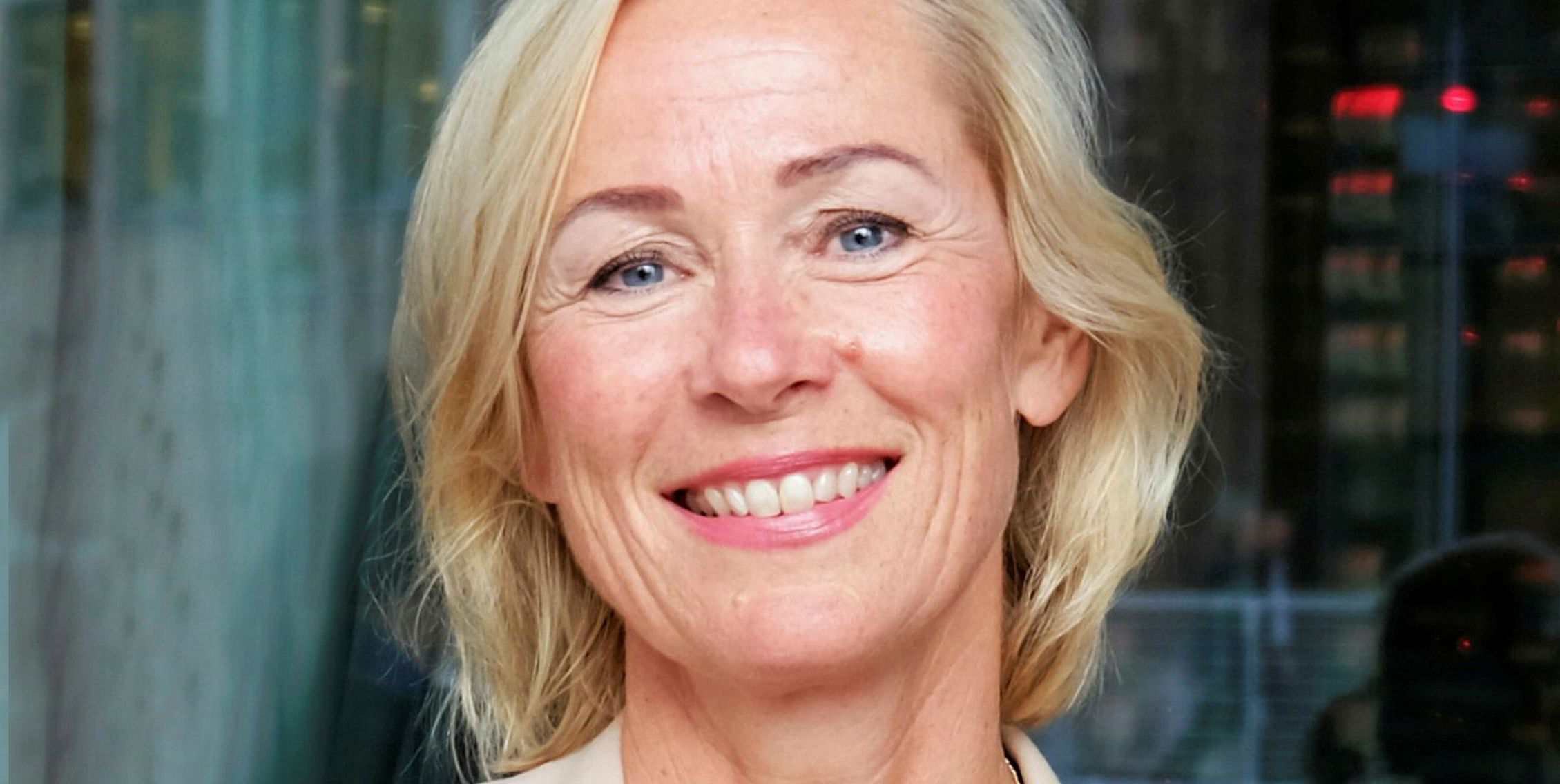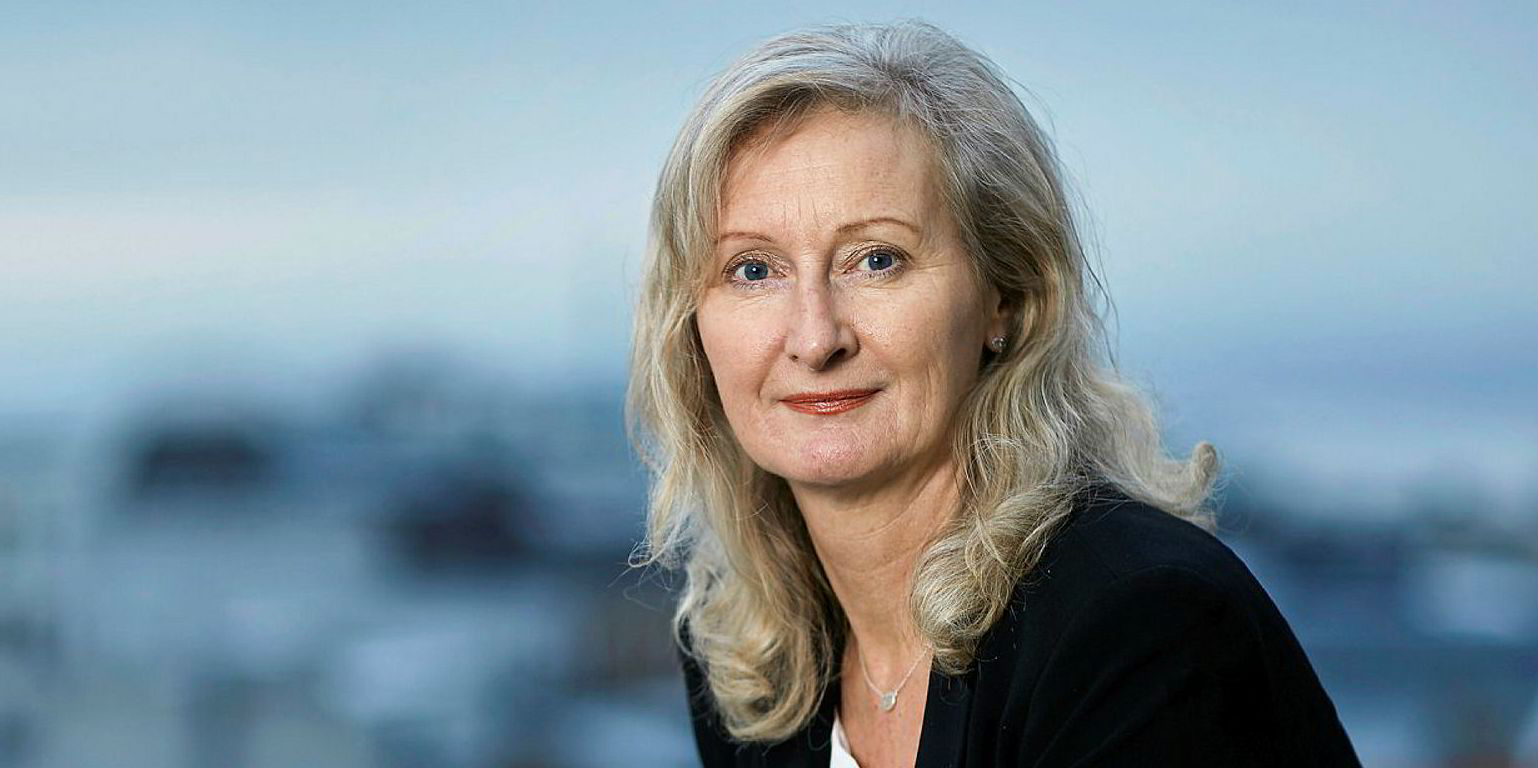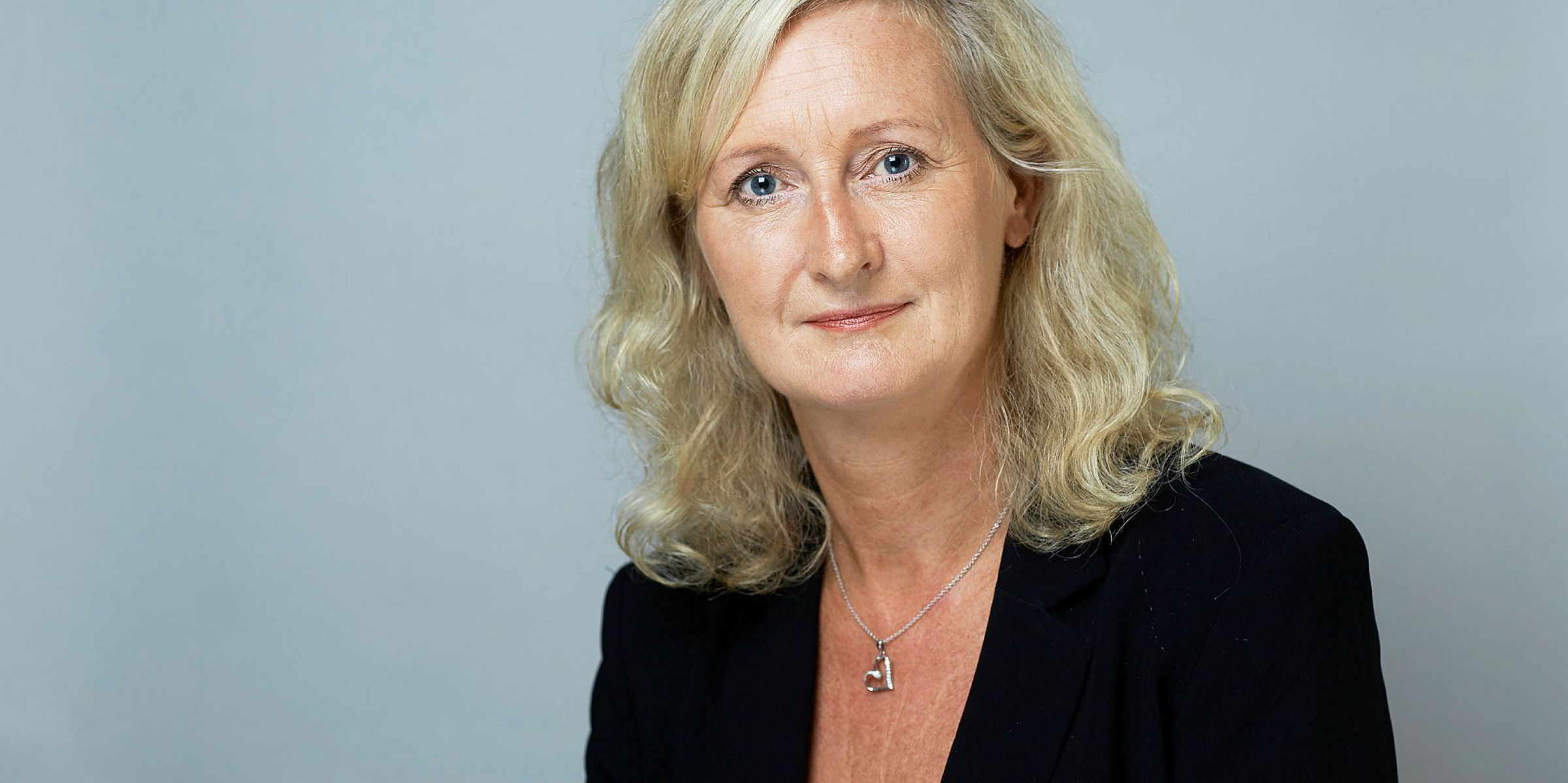The insurance industry has stepped up efforts to be more socially responsible in response to the equality and human rights protests that emerged following the death of George Floyd in the US.
At the height of the protests, Lloyd’s of London apologised for its historic role in the slave trade. It initiated a series of measures to promote diversity in the workplace and started a race and gender dashboard, in which it has set inclusivity targets.
Shortly after that, a trio of brokerages — Fidelis, Marsh and Aon — also applied a marine cargo clause that made it a condition of cover that the insured complies with international laws prohibiting modern slavery and child labour.
“Forced labour in all its forms is an extreme expression of inequality and injustice,” Fidelis group executive director and group chief risk officer Charles Mathias said. “The insurance industry is committed to do all it can to prevent association with the abhorrent practices of modern slavery.”
Embracing change
There are other examples such as Norway’s Gard, which this year made a commitment to ensure full transparency in the shiprecycling practices of its members.
The International Union of Marine Insurance (IUMI) has been trying to encourage the development of corporate social responsibility among its roster of members.
IUMI head of policy Helle Hammer, who is also managing director at the Nordic Association of Marine Insurers (Cefor), said the take-up has been varied, with some insurers still on the “starting block”. But, in these days, she thinks it is important for marine insurers to demonstrate a commitment to environmental and social principles.
“First of all, it is quite simply the right thing to do, but of course there is also a business case for marine insurers,” she said. “Consumers, and in particular the younger generation, are changing, and we need to change with them to attract business and recruit new talents.
“Our business as marine insurers is to assess, manage and carry risk, and, be it from a customer need or regulations, there is a growing demand for more transparency and policies to ensure compliance and support sustainable solutions.”
Norway’s Skuld has made corporate social responsibility and sustainability one of its priorities.
Trude Husebo, Skuld’s head of human resources, said much of the work the Norwegian insurer does — by its very nature — has a strong element of social responsibility.
“Skuld contributes to sustainable solutions through assessing and surveying shipping risks, conducting [a] comprehensive casualty response service and performing extensive loss-prevention programmes, which aim at safeguarding casualties and preventing injury to people, [the] environment and property,” she said.

The template for marine insurers to follow environmental, social and governance (ESG) policies has been written out in the United Nations’ Principles for Sustainable Insurance, which specifically address the non-life insurance market.
That is the code of practice that the IUMI would like to see its members follow, and Hammer thinks IUMI members are ready to take up the principles.
“I believe all responsible marine insurers will integrate the UN principles at least partially to fit with their respective business models,” Hammer said.
Skuld includes the UN's Sustainable Development Goals, Global Compact, Women’s Empowerment Principles and Global Reporting Initiative in its business model.
“We aim to foster a high-quality workforce reflective of gender equality and diversity principles, including at least 40% of each gender in all management and key personnel positions,” Husebo said.
Hammer said ESG strategies mean marine insurers can have a better grasp of environmental regulation and, through that, offer improved loss prevention and risk selection. The result will be cleaner ships and oceans.
“This is positive, not only to marine insurers, but to their customers, the welfare of seafarers and society at large,” Hammer said.
One important principle of a company’s ESG strategy is to know your client, which, in the case of marine insurance, will involve assessing the corporate governance and sense of social responsibility of insureds.
Through that, insurers can affect the ESG policies of their clients, which, in the case of marine insurance, is often the shipowner.
Hammer said Cefor has attempted to take a proactive role as an insurance group to spread the word through the maritime industry.
“From Cefor as an industry association, we will use our role to the same effect as [an] influencer in discussions with other stakeholders, as [a] facilitator of meeting places and clauses for new and greener solutions, and in knowledge sharing,” she said.







